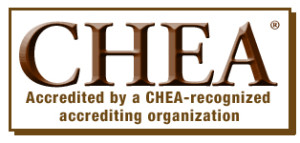
American National Standards Institute (ANSI)
EC-Council has achieved accreditation for its Certified Ethical Hacker (C|EH), Certified Chief Information Security Officer (C|CISO), Certified Network Defender (C|ND), Computer Hacking Forensic Investigator (C|HFI), and EC-Council Certified Incident Handler (E|CIH) to meet the ANSI/ISO/IEC 17024 Personnel Certification Accreditation standard. EC-Council is one of a handful of certification bodies, whose primary specialization is information security, to be awarded this much sought-after quality standard.
Candidates who complete the EC-Council Certified Ethical Hacker (C|EH), Computer Hacking Forensics Investigator (C|HFI), Certified Network Defender (C|ND), Certified Chief Information Security Officer (C|CISO), and EC-Council Certified Incident Handler (E|CIH) certification will also have that extra credential meeting the requirements of the respective ANSI Certification Training Standards. Learn more
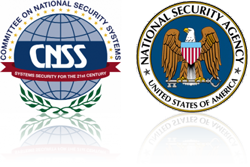
Committee on National Security Systems (CNSS) & National Security Agency (NSA)
EC-Council was honored at the 13th Colloquium for Information Systems Security Education (CISSE) by the United States National Security Agency (NSA) and the Committee on National Security Systems (CNSS) when its Certified Ethical Hacker (CEH), Computer Hacking Forensics Investigator (CHFI), Disaster Recovery Professional (EDRP), Certified Security Analyst (ECSA) and Licensed Penetration Tester (LPT) courseware was certified to have met the 4012 (Senior System Managers), 4013A (System Administrators), 4014 (Information Systems Security Officers), 4015 (Systems Certifiers) and 4016 (Information Security Risk Analyst) training standards for information security professionals in the federal government. The CNSS is a federal government entity under the U.S. Department of Defense that providesprocedures and guidance for the protection of national security systems.
Candidates who complete the EC-Council Certified Ethical Hacker (CEH), Computer Hacking Forensics Investigator (CHFI), Disaster Recovery Professional (EDRP), Certified Security Analyst (ECSA) or Licensed Penetration Tester (LPT) certification will also have that extra credential meeting the requirements of the respective CNSS 4011-4016 Federal Security Certification Training Standards.
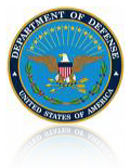
Department of Defense (DoD)
EC-Council Certified Ethical Hacker (CEH), Computer Hacking Forensic Investigator (C|HFI), and Certified Chief Information Security Officer programs are formally integrated as baseline skill certification options for the U.S. Department of Defense (DoD) cyber workforce in several categories. Specifically, the C|CISO program is a recognized certification for the DoD IAM Level II, IAM Level III, and CSSP Manager, all specialized cyber management personnel classifications within the DoD’s information assurance workforce. C|HFI is now recognized as a baseline certification for CSSP Incident Responder and C|EH is now required for the DoD’s computer network defenders (CND’s) – CND Analyst, CND Infrastructure Support, CND Incident Responder, and CND Auditor.
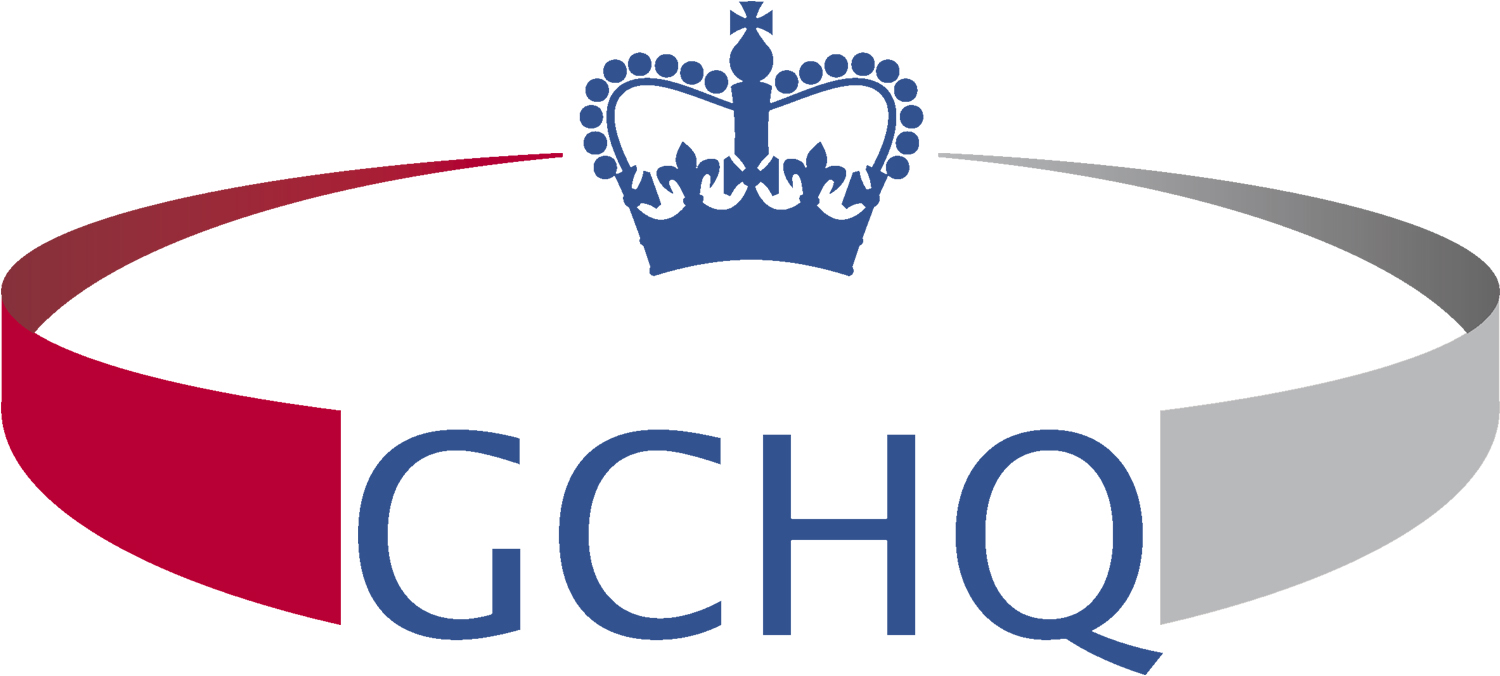
GCHQ Certified Training (GCT)
EC-Council has achieved accreditation for its Certified Ethical Hacker (C|EH), Certified Security Analyst (ECSA), and Chief Information Security Officer (C|CISO), to meet the GCHQ Certified Training standard. This recognition is a feather in the cap for EC-Council’s much sought-after credentials, which are among the most comprehensive programs in the field of Vulnerability Assessment and Penetration Testing, and Information Security Leadership.
This affirms EC-Council’s commitment to offering high-quality certification programs that are developed to help arm information security professionals with the right skills to safeguard the cyber world and achieve successful professional roles.

National Infocomm Competency Framework (NICF)
EC-Council Certified Ethical Hacker (CEH) and Computer Hacking Forensic Investigator (CHFI) programs have been accepted into National Infocomm Competency Framework (NICF) Infocomm professionals competency requirement list. In addition to the inclusion, Infocomm professionals training to be certified for the EC-Council programs at NICF accredited training centers, will be entitled to receive partial funding from Critical Infocomm Technology Resource Program (CITREP) upon certification completion. NICF determines the skills and competencies; and develops training strategies for Infocomm professionals to build a niche Infocomm workforce in Singapore. CITREP is a training incentive program that assists Infocomm professionals with funding to gain recognized and specialized skills.
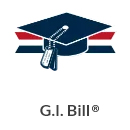
Department of Veterans Affairs
The Department of Veterans Affairs has included EC-Council Certified Ethical Hacker (CEH), Computer Hacking Forensic Investigator (CHFI), and EC-Council Certified Security Analyst (ECSA) under its GI Bill® for the reimbursement of test fees for veterans and other eligible persons in accordance with the provisions of PL 106-4
GI Bill® is a registered trademark of the U.S. Department of Veterans Affairs (VA). More information about education benefits offered by VA is available at the official U.S. government website at: https://www.benefits.va.gov/gibill.
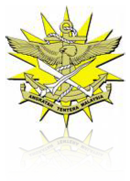
Malaysian Military Cyber Security Warfare Department (KOMLEK)
The Malaysian Military Cyber Security Warfare Department (KOMLEK) has stipulated their military professionals to be CEH & CHFI Certified as part of their Cyber Warfare Training Program (CPS).

Distance Education Accrediting Commission (DEAC)
EC-Council University is accredited by Distance Education Accrediting Commission. DEAC is a private, non-profit organization that operates as a national accreditor of distance education institutions. Accreditation by DEAC covers all distance education activities within an institution and it provides a single source of nationally recognized accreditation. DEAC is listed by the U.S. Department of Education as a nationally recognized accrediting agency as well as a acknowledged member of the Council for Higher Education Accreditation (CHEA).
